Gaming has never stood still. Every few years, something comes along that pushes it in a new direction, whether that’s better graphics, smarter AI, or faster processing. But now, something different is taking hold. Blockchain and digital currencies are beginning to shape what games are and how people experience them.
It’s not just about tech for the sake of it. These tools are giving players more say, more freedom, and in some cases, actual ownership of what they earn inside a game. Read on to learn more.
1. Players Can Actually Own Their Stuff
In a lot of games, you earn gear, skins, or items, but they don’t really belong to you. They’re locked to your account and can’t go anywhere else.
Blockchain changes that. Items can exist as tokens, which are stored on public records instead of game servers. That means you can hold onto something, trade it, or sell it, without needing the game’s permission.
2. Transactions Without the Usual Middlemen
Buying something in-game usually goes through a payment processor. That means extra steps, fees, and sometimes delays.
With digital currency, players can trade directly with one another. There’s no bank between them. No company taking a cut. It’s fast, and in many places, easier than using a credit card.
This makes gaming more accessible for people who might not have access to traditional payment options.
3. Games That Reward You for Playing
There’s a growing number of games now using blockchain to give players rewards. And not just virtual points, we’re talking tokens that can be traded or cashed out, depending on the game’s rules.
This is similar to what’s happening in other gaming spaces. If you’re curious how this approach compares, take a look at these comprehensive sweepstakes casino reviews and comparisons to see how reward-driven models are catching on.
These rewards might come from finishing tasks, helping others, or just being active. It changes the reason people play. Fun is still part of it, but now there’s something else, something you can take with you.
4. Crowdfunded Game Worlds
Developers have started using tokens to raise money and build communities before their games even launch. This early support gives backers more than just bragging rights. In some cases, they can vote on features, help shape updates, or even share in the success of the project.
It switches control from big publishers to the people who actually play the games.
5. Assets That Work Beyond One Game
This one’s still evolving, but the idea is powerful: imagine earning a digital item in one game and bringing it with you to another. A rare sword, a custom skin, maybe even a character upgrade.
Because blockchain items aren’t locked to a single platform, developers can (if they choose) let players carry their stuff between titles.
It’s early, but it hints at more open, flexible gaming systems.
6. Transparency and Fairness
In online games, fairness is always an issue. Some players cheat, others exploit bugs or duplicate rare items.
Blockchain doesn’t fix everything, but it can help. Every transaction or trade is tracked and recorded. That makes shady behavior harder to pull off, and easier to spot.
For players, it means more trust in the systems they’re using.
What’s Next?
This isn’t just hype, it’s already happening. The way people earn, spend, and even think about in-game content is changing. It’s not just about what’s fun anymore. It’s about what has value, what can move with you, and what you’re allowed to control.
As blockchain tools get easier to use and more developers experiment with them, games could start to feel less like products and more like platforms where players have real influence.

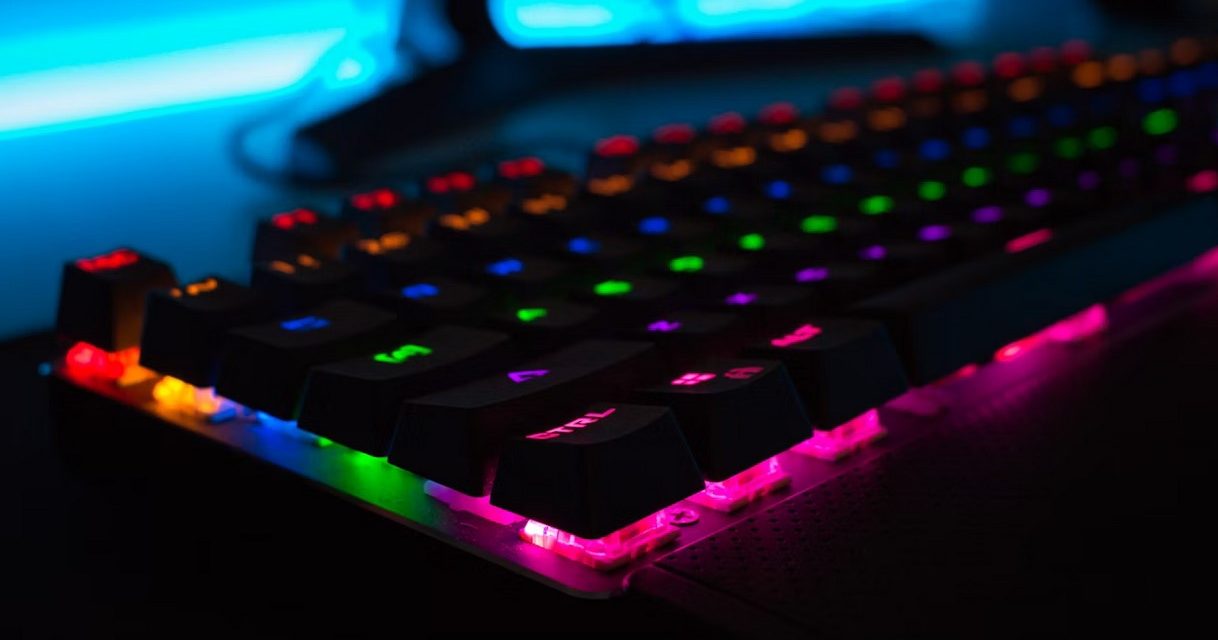
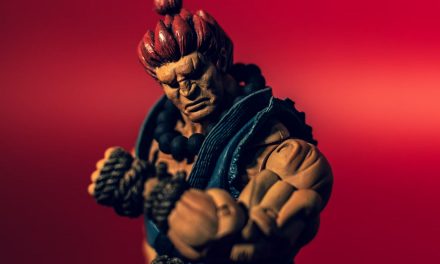
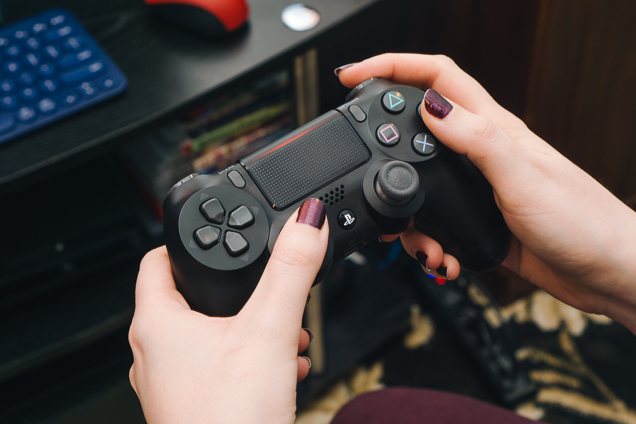
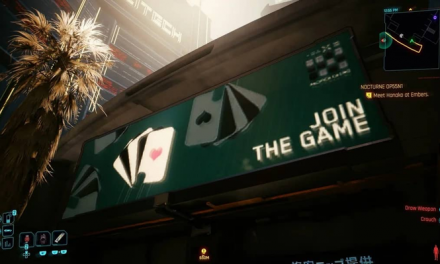
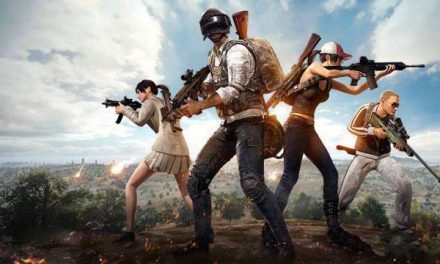



![[Rumor] The Witcher 3 DLC seems real and could be released in May 2026. Everything we know about Zerrikania, the new region in the expansion](https://vgleaks.com/wp-content/uploads/2020/03/witcher_toussaint.jpg)



